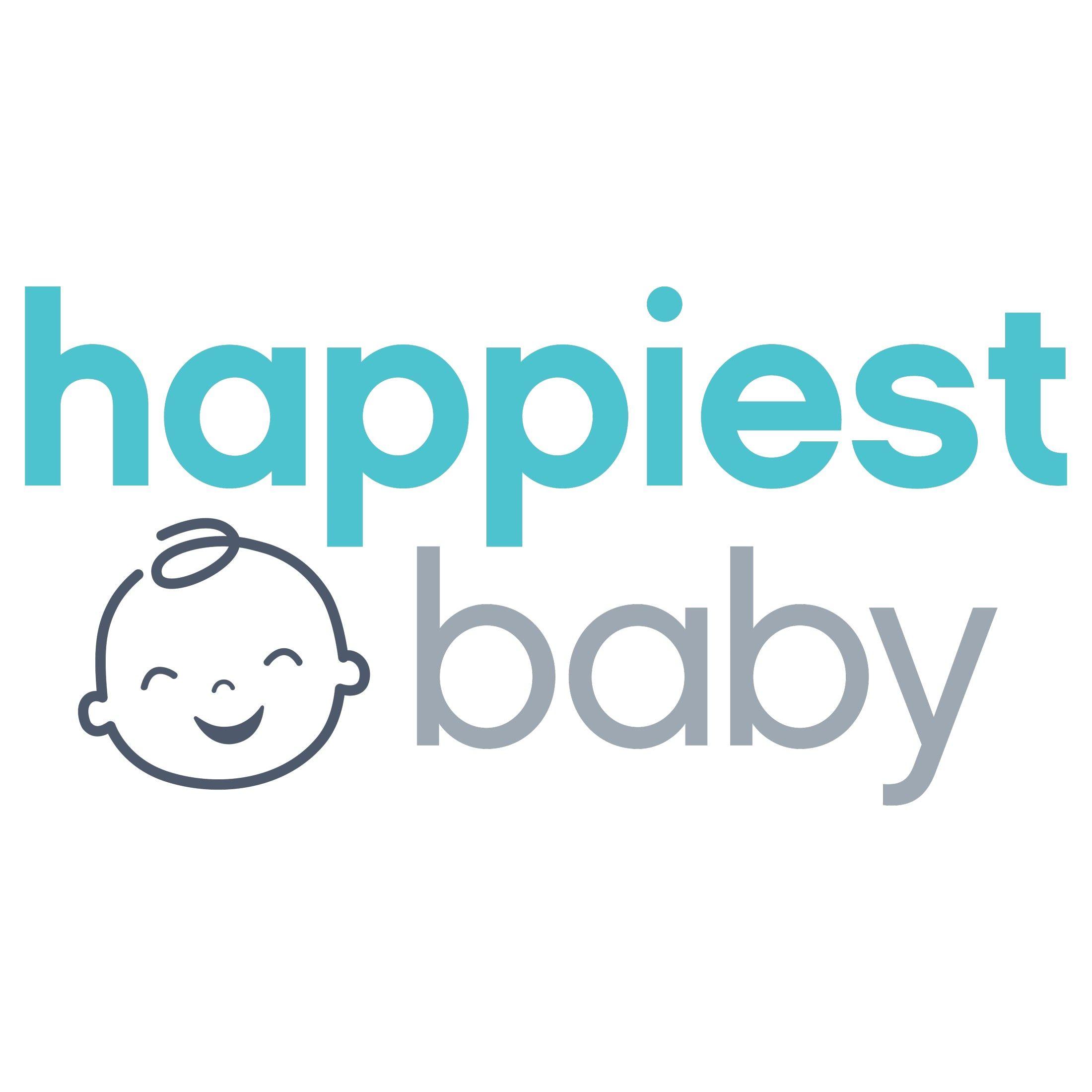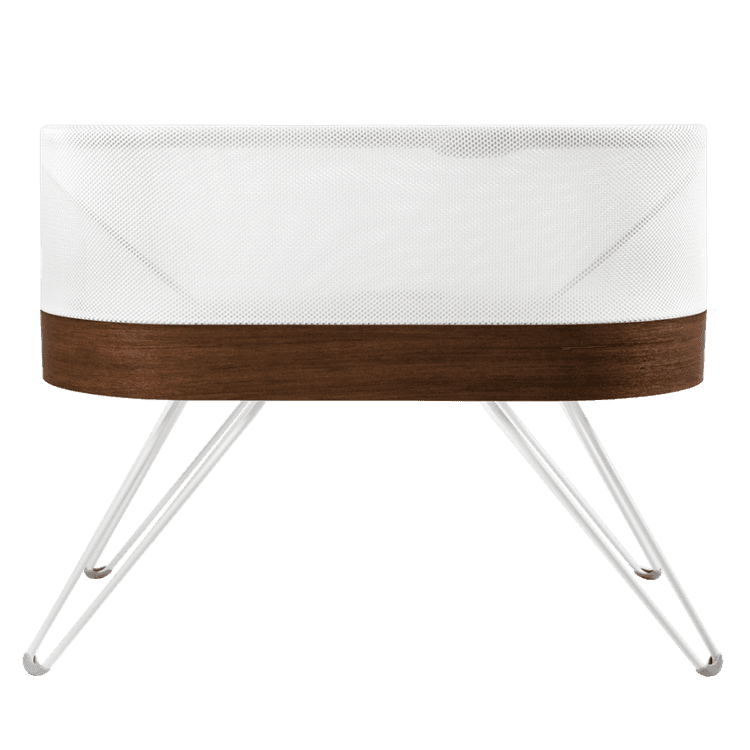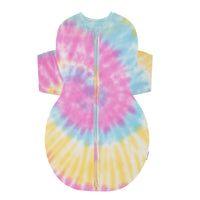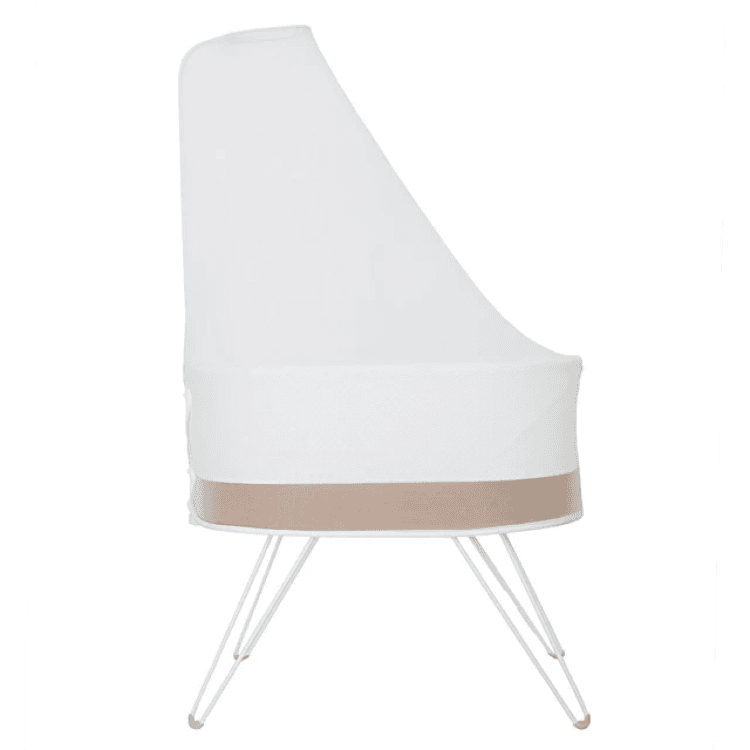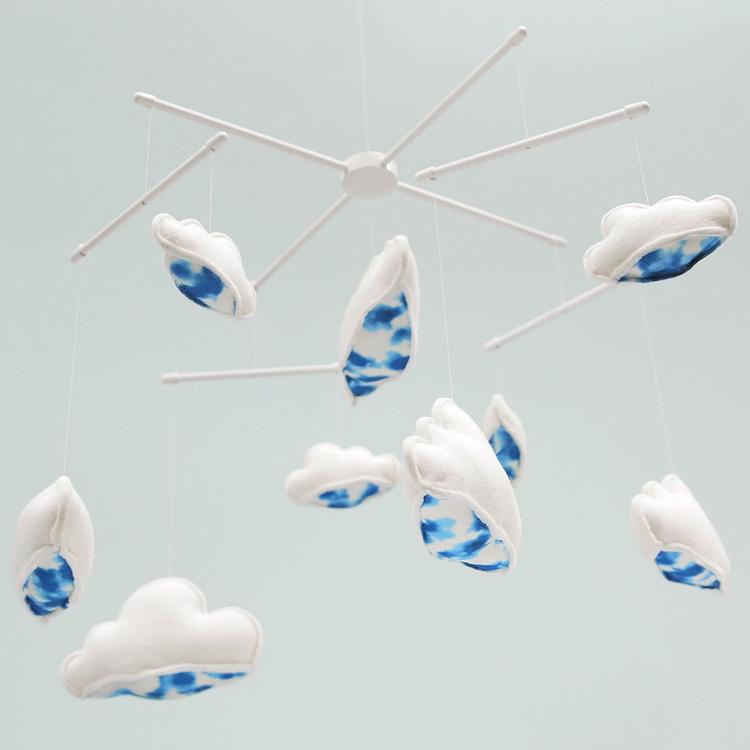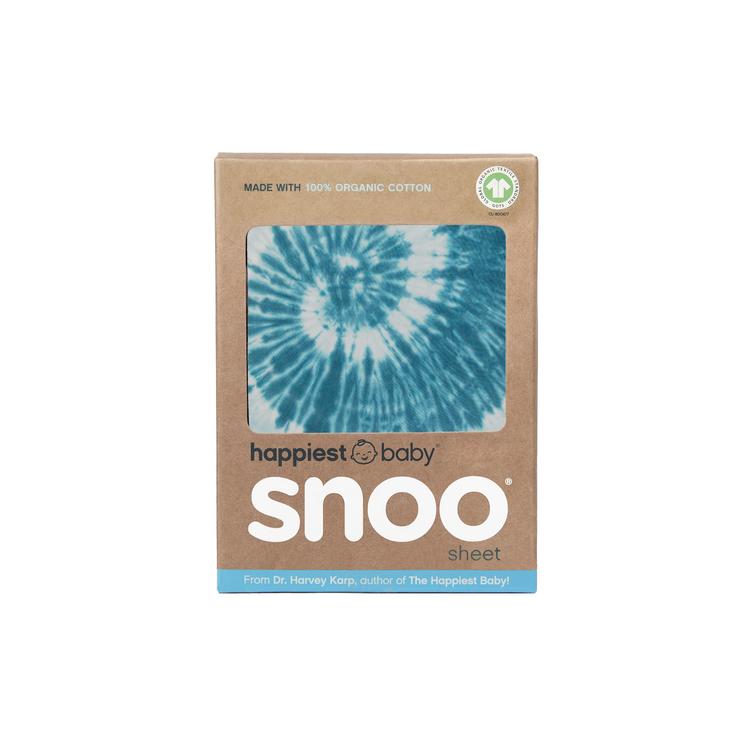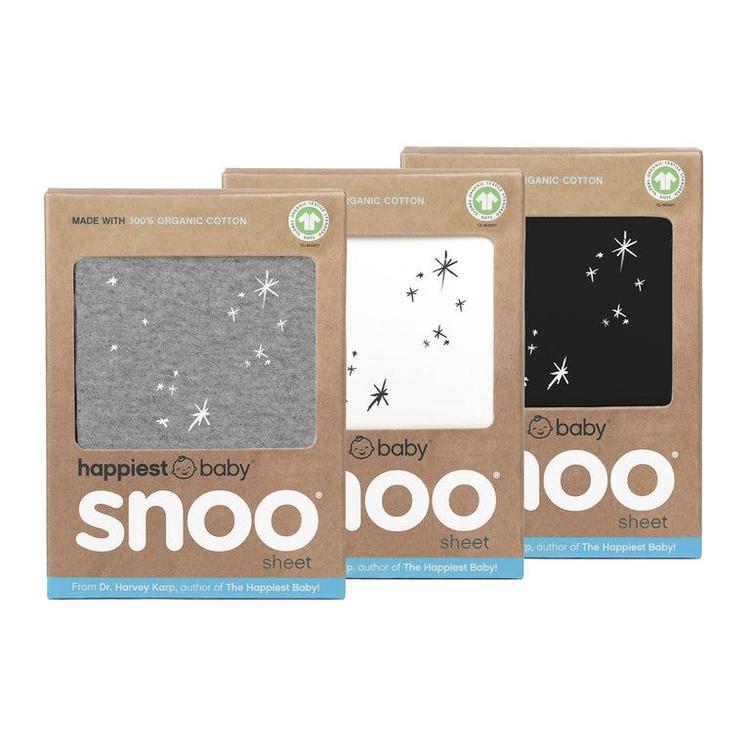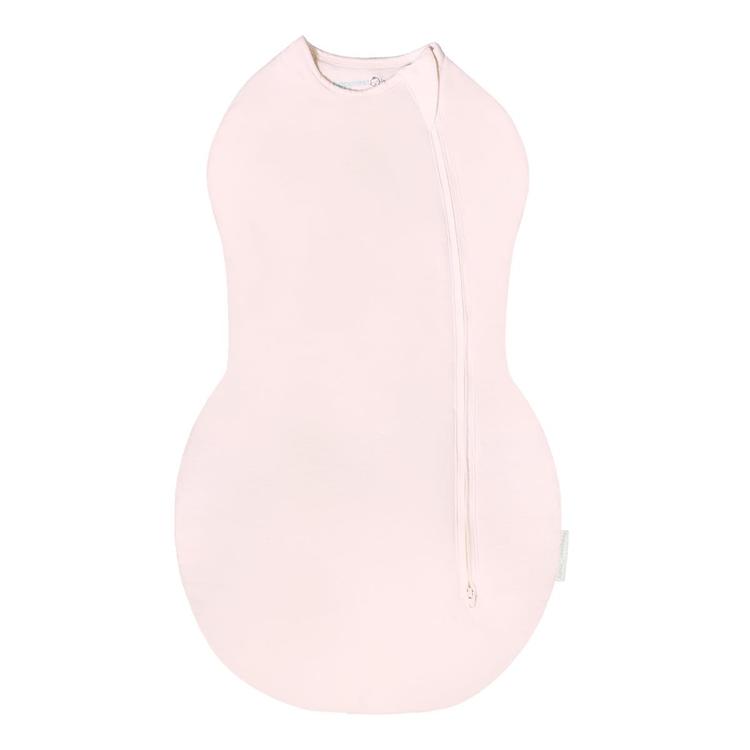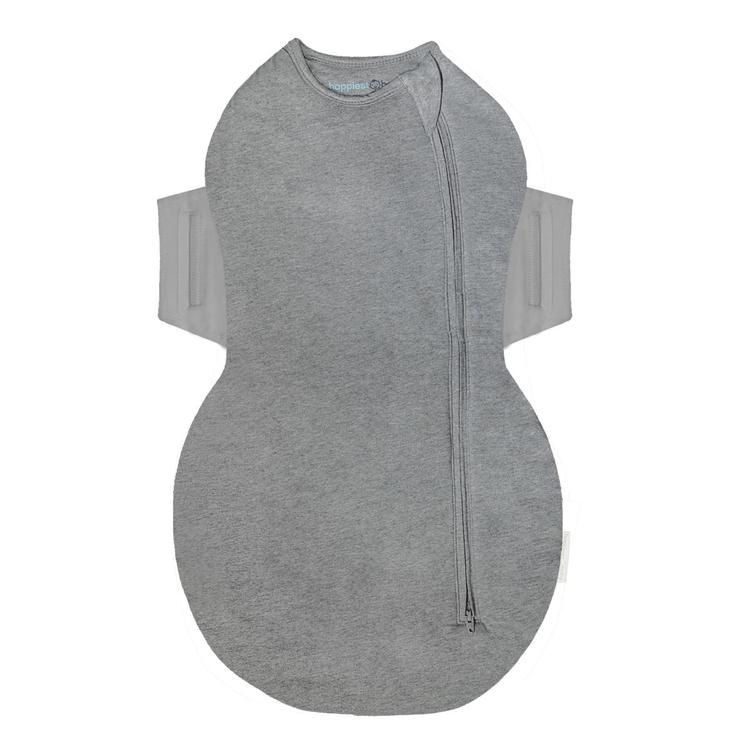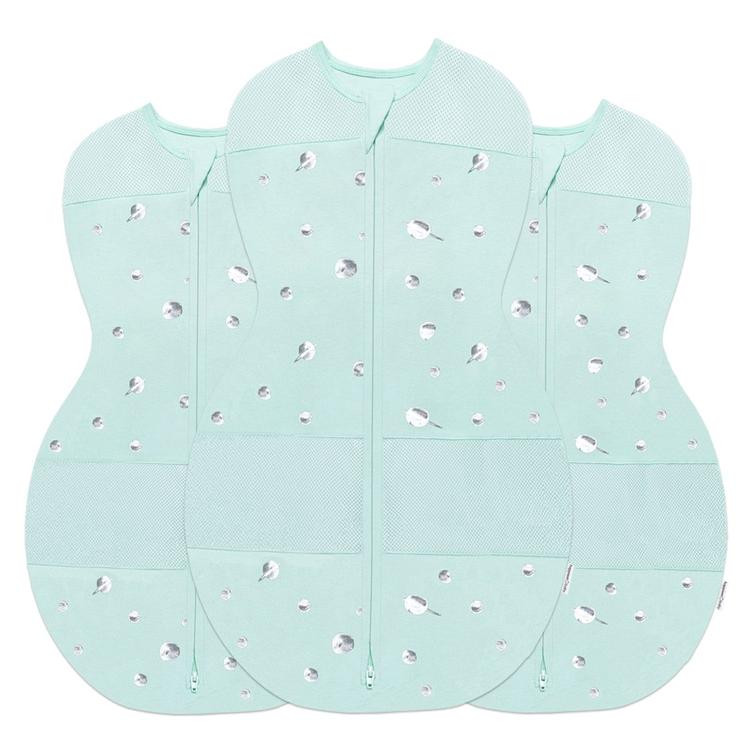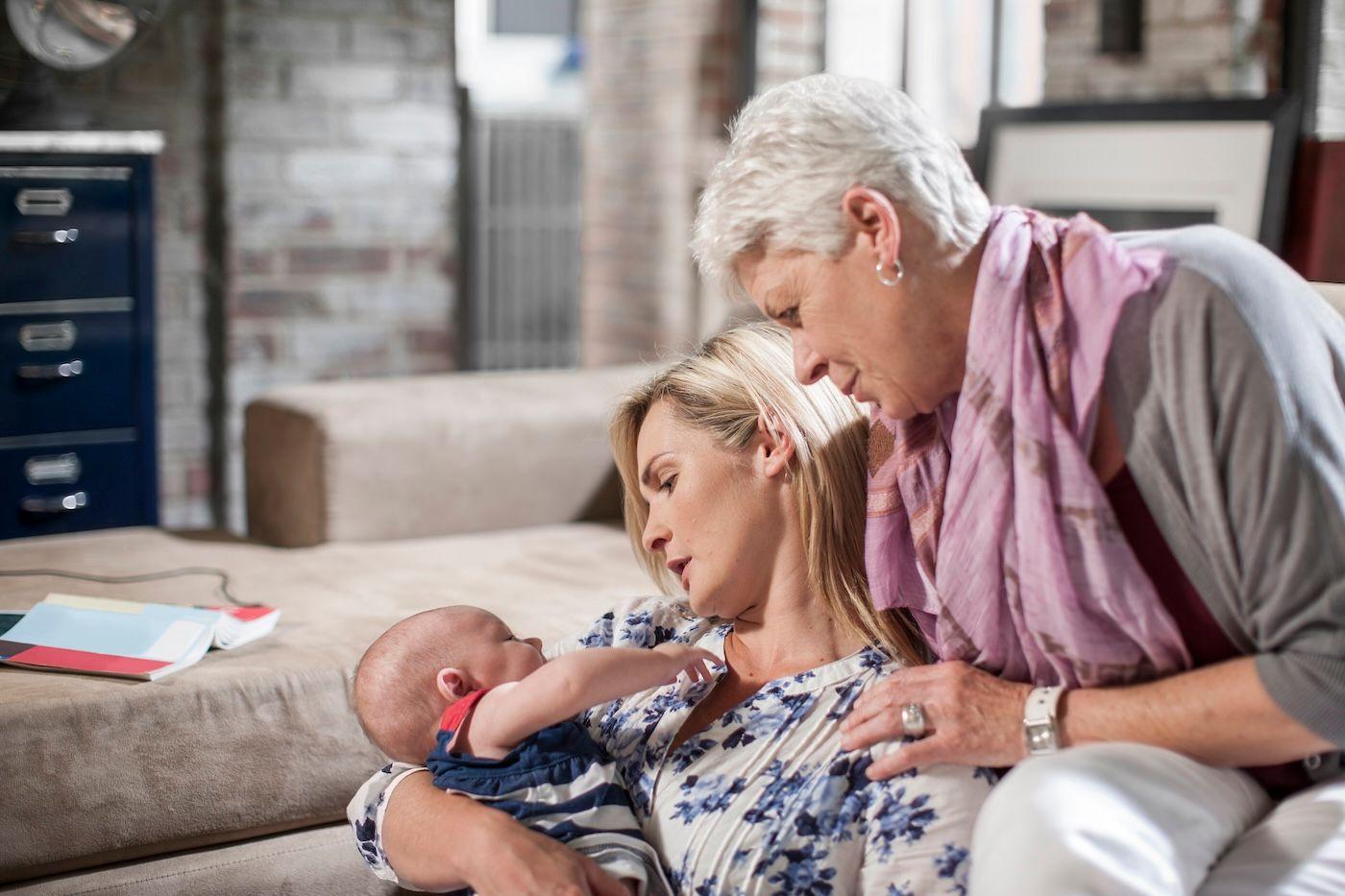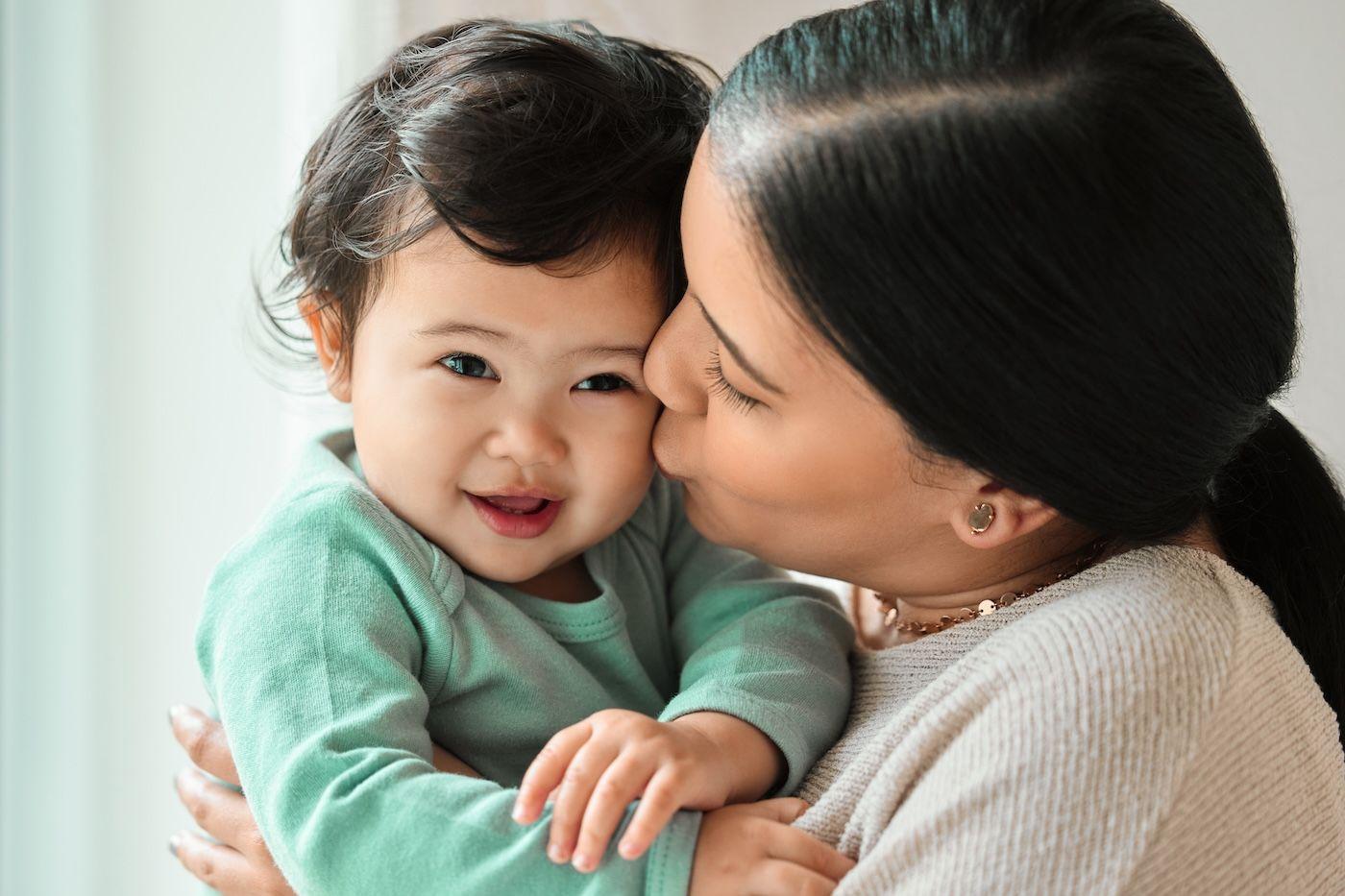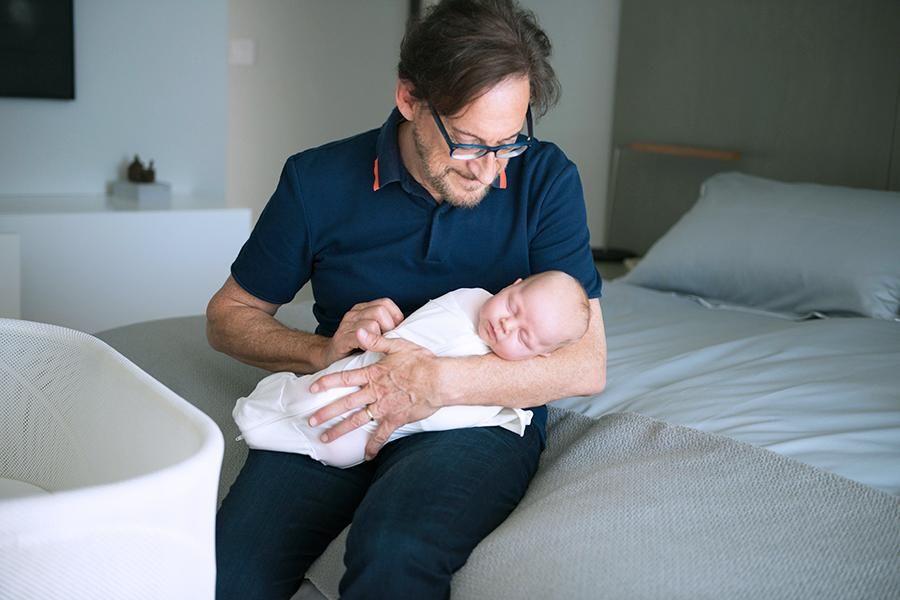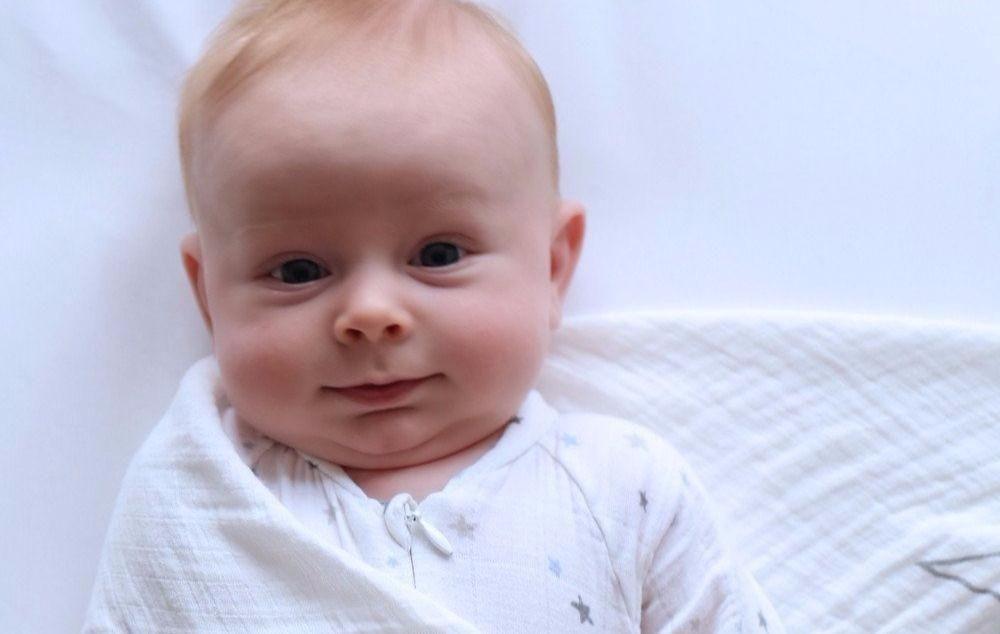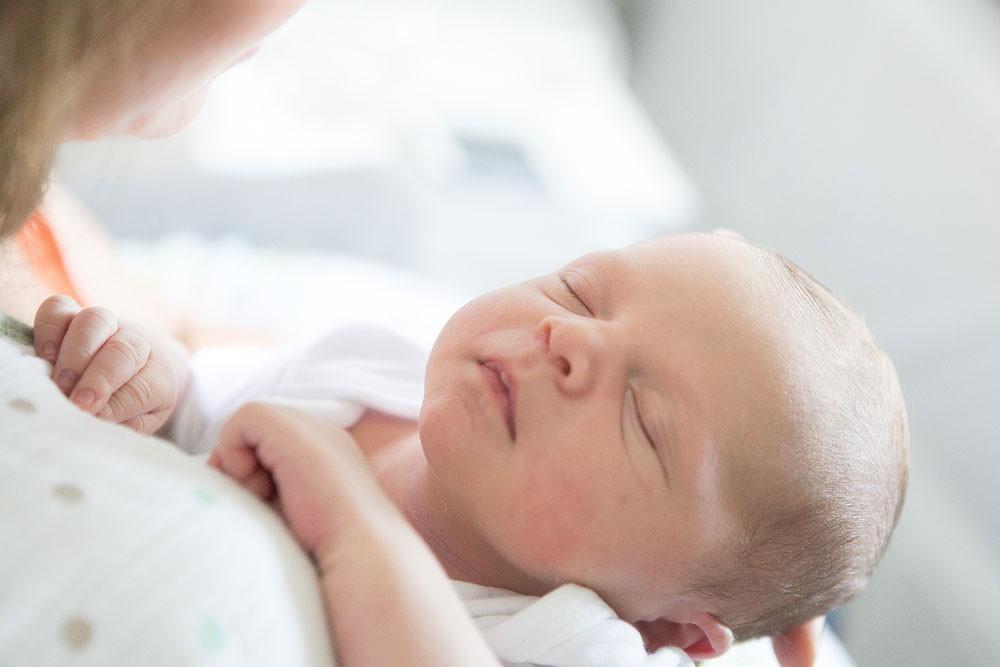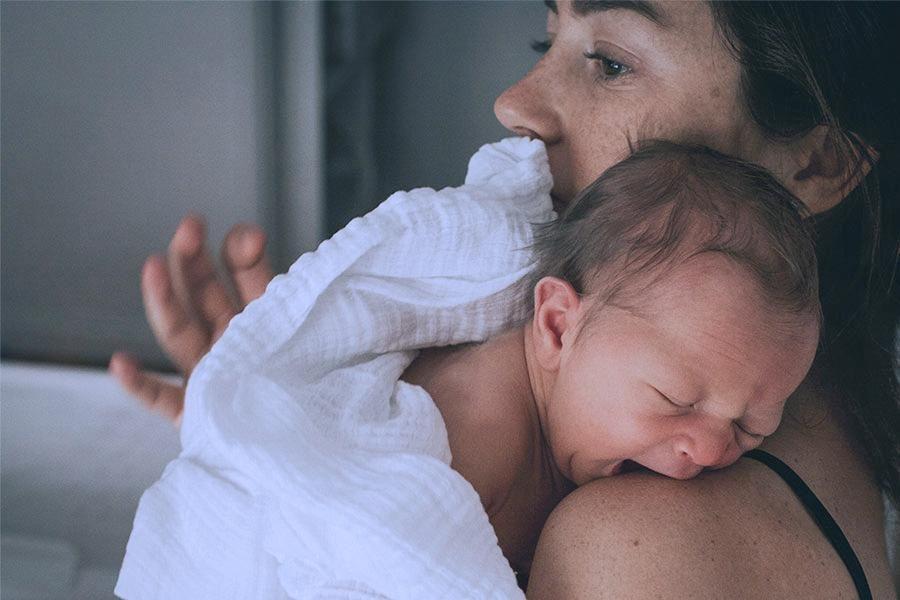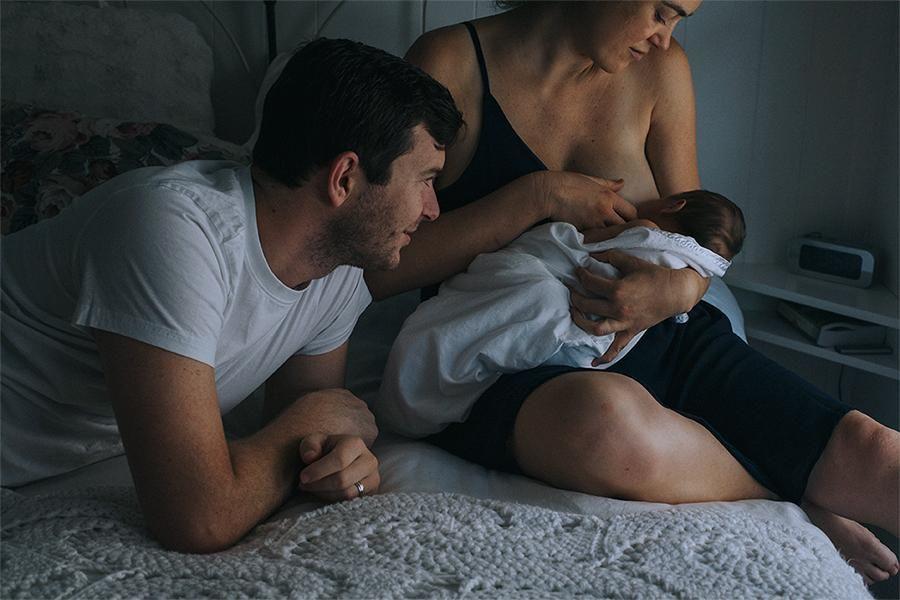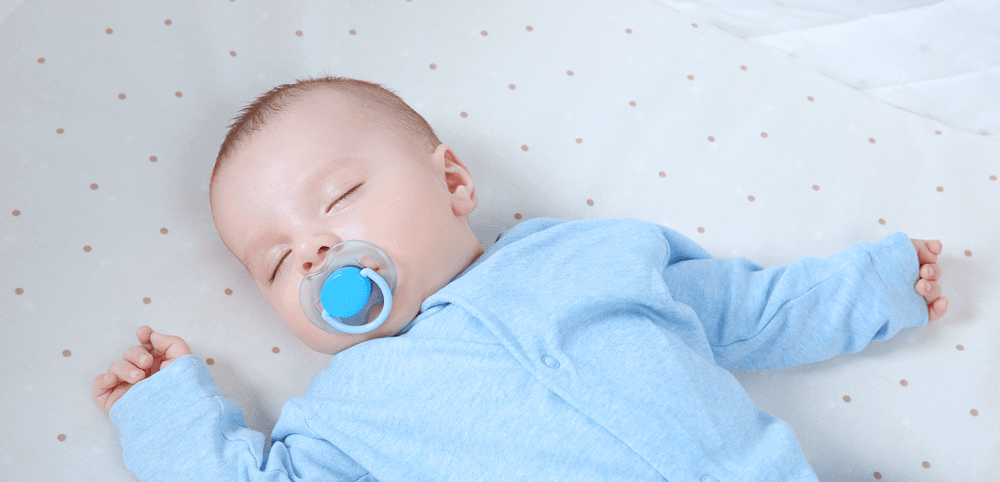This post was guest-written by Liesel Teen, L&D RN—the mama behind the popular Instagram account and site Mommy Labor Nurse.
It’s important for all expecting mothers to learn about mental health challenges that can arise during pregnancy and after birth. With so many changes and adjustments occurring during these seasons of life, it’s often difficult for women to know if what they’re experiencing is in the realm of normal—or not!
Fortunately, many mamas do learn and hear about postpartum depression. Healthcare providers (as well as the media) are talking more and more about the warning signs of PPD and more and more mamas are getting the help they need. This is a wonderful step in the right direction!
But what about other mental health disorders that plague expecting and new mothers?
After the birth of my first baby, I battled postpartum anxiety. My hope is to educate more women about this very real diagnosis so that they can identify the issue and get the help they need instead of suffering in the dark.
My experience with postpartum anxiety…
Recently, I’ve started opening up more about my challenges with postpartum anxiety. And honestly, I wish I would have done it sooner. But you know what’s crazy? Until I had my second postpartum experience, I didn’t realise just how significant my postpartum anxiety was!
Yes, I suspected something was going on (and I did seek help) but having an amazing postpartum experience the second go around really put things into perspective for me. I have had generalised anxiety for a good portion of my life, and it’s something I actively see a therapist about. However, my anxiety wasn’t super apparent to me, or disruptive to my life, until AFTER I became a parent.
I have now learned that this is actually really common. For many women, anxiety may not start interfering with day to day life until after parenthood or some other major change or trigger. For me, that was the birth of my first son!
My postpartum anxiety manifested in worry that my son was going to die or get seriously hurt. I had major anxiety about anyone watching him other than me (even my husband!) and at times I would prefer to stay home and just watch him instead of going out into the world or do things for myself.
Like so many other women out there, I didn’t even really know postpartum anxiety was a thing. I thought it was normal to constantly worry that my baby was going to die, or something horrible was going to happen to them. I thought mums were supposed to constantly worry in the form of racing, circling thoughts.
As it turns out, this kind of thinking is NOT normal.
Once I learned more about what postpartum anxiety was all about, I thought, OH WAIT A SECOND. That sounds like something I probably had. And then, as I opened up about it to my therapist, we determined that this is definitely what I had.
What is postpartum anxiety?
The problem I see is that postpartum anxiety sometimes gets grouped together as a form of postpartum depression (which often, isn’t the case!). Sometimes postpartum anxiety goes hand in hand with postpartum depression, but often it is a separate diagnosis with its own unique set of debilitating challenges. Postpartum anxiety is a scary and lonely experience. I believe we should be screening for this MUCH earlier and much more intentionally in all pregnant and postpartum women.
The symptoms of anxiety during pregnancy or postpartum might include constant worry, a feeling that something bad is going to happen, racing thoughts, disturbances in sleep or appetite, inability to sit still, and physical symptoms (like dizziness, hot flashes, and nausea).
If you’re currently experiencing these symptoms, don’t delay bringing them up to your provider, your partner, a friend, or other family member. Often, recognising there’s a problem is the most difficult step.
And if you’re currently pregnant, be aware of the warning signs so that you can look out for yourself and others close to you. The best way to support mamas that are unknowingly suffering from postpartum anxiety is to raise awareness that this type of thinking isn’t normal.
What can we do about postpartum anxiety?
After I first shared my experience with postpartum anxiety over on Instagram, I was blown away by the response. Simply by sharing my story shed so much light on what PPA is all about. SO many women were able to recognise that they were going through it and planned to seek professional help after hearing about my journey.
More than that, it showed me that we NEED to be talking more about this and ALL perinatal mood disorders. We need to do better when it comes to the mental health of expecting and new mothers, and the first step is getting the word out in whatever way possible.
Seeking professional help is the most important step towards recovery and learning how to cope. But there are other things that can help too!
- Lean into support from family and loved ones.
- Open up about your feelings and thinking; don’t allow others to dismiss your thoughts.
- Connect with other mothers in the same season of life as you (whether that’s digitally or through new/expecting mother groups in your community).
- Check out the fabulous accounts @psychedmommy and @mombrain.therapist over on Instagram for credible information and support.
- Listen to my interview on the Mommy Labor Nurse Podcast with @psychedmommy (Dr. Ream) all about perinatal mental health and coping skills.
- While I know it’s difficult, try to focus on your nutrition, sleep, and movement in the day. These necessities of life can impact our ability to cope immensely.
Because of my own struggles, I put some supports in place to protect myself after the birth of my second baby. As a result, I have had a COMPLETELY different experience the second time around. It has been amazing!
To prepare, I ramped up appointments with my therapist right before birth and immediately after. I used concrete coping mechanisms to help me recognise irrational thinking and fears without letting them get the better of me. I also invested in postpartum telehealth support with the company Pebble Parents and took advantage of new technology and baby products that give me peace of mind about my baby while he sleeps, such as SNOO.
Mama, just know that if you suspect you are struggling with postpartum anxiety, it WILL get better with support and professional help. I urge you to find the help you need and never look back.
***
Liesel Teen is a labor and delivery nurse (L&D RN), mum of two, the face behind the popular pregnancy Instagram page @mommy.labornurse, and creator of the online childbirth class, Birth It Up. Birth is something she’s been passionate about for as long as she can remember, and she loves sharing her nursing knowledge to help mamas-to-be learn more about pregnancy and birth.
